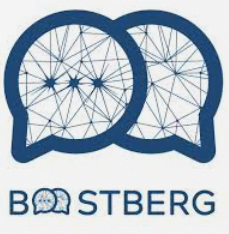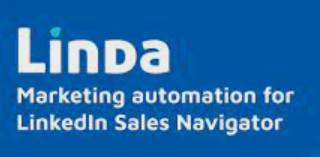Lead management is the set of strategies and practices put in place to identify prospects and convert them into long-term customers. Every forward-thinking company needs to invest in lead management to expand its customer base and increase sales. Lead management is a long, multi-step process. It starts with lead generation, identifying prospects who respond to marketing campaigns. Lead capture to collect and analyze lead data follows. Lead qualification is then performed to identify leads that are most likely to make a purchase. These marketing qualified leads are then nurtured through personalized emails and messages until they become sales qualified leads and eventually make a purchase. Finally, measures are taken to ensure the retention of newly acquired customers.
Because lead management is tedious and time-consuming, marketing automation tools are important to optimize all steps in the process. For example, marketing automation eliminates most repetitive tasks, such as adding new leads to the database or submitting content. Automating the tasks increases lead generation and speeds up lead capture. Also, the lead nurturing process is seamless and likely to lead to conversions. All this results in higher sales and ROI for the company.
Listings in Lead management
Lead management is the set of strategies and practices put in place to identify prospects and convert them into long-term customers. Every forward-thinking company needs to invest in lead management to expand its customer base and increase sales. Lead management is a long, multi-step process. It starts with lead generation, identifying prospects who respond to marketing campaigns. Lead capture to collect and analyze lead data follows. Lead qualification is then performed to identify leads that are most likely to make a purchase. These marketing qualified leads are then nurtured through personalized emails and messages until they become sales qualified leads and eventually make a purchase. Finally, measures are taken to ensure the retention of newly acquired customers. Because lead management is tedious and time-consuming, marketing automation tools are important to optimize all steps in the process. For example, marketing automation eliminates most repetitive tasks, such as adding new leads to the database or submitting content. Automating the tasks increases lead generation and speeds up lead capture. Also, the lead nurturing process is seamless and likely to lead to conversions. All this results in higher sales and ROI for the company.




















